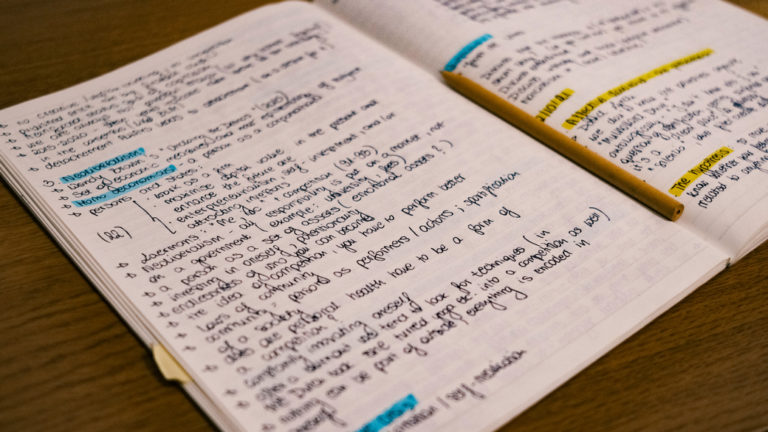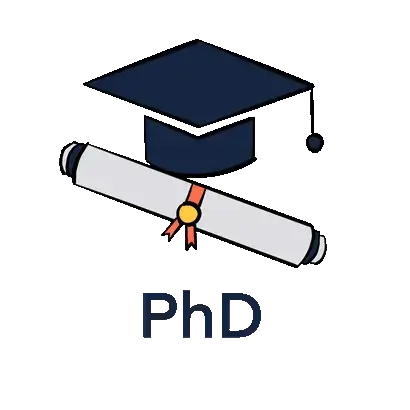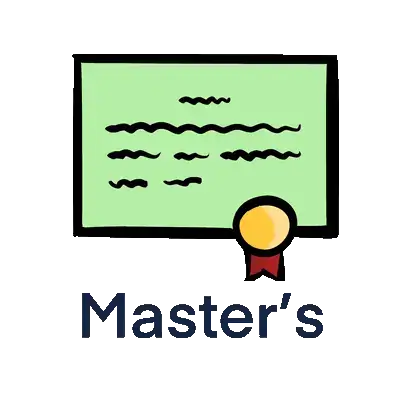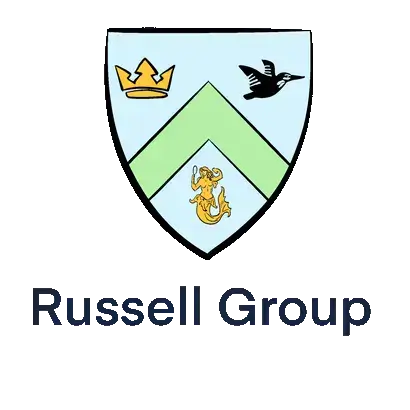How to tackle critical thinking and general papers at 16 plus
In this article, Sobia, an experienced teacher and tutor, examines the unique nature of 16 plus general papers and critical thinking examinations. Drawing on her experience supporting applicants to top selective schools via the 16 plus, Sobia gives us an insight in what the exams might include and how to ace them.
16 plus General Paper Assessments
Examinations at 16+ usually involve an extra paper (or two!) in addition to the subject specific papers that a student will sit. The extra paper is often termed a general paper, but can also be called critical thinking or reasoning, depending on the school and its requirements.
Students can feel somewhat confused by this requirement, not really knowing what to expect, and many schools do not release their general or critical thinking papers online, which can add an extra element of mystery to these papers.
Example Schools
For example, Kings College School has the requirement at 16+ for students to sit a Maths paper, an English paper and a General paper. Latymer Upper School requires students to sit papers in Maths, Written Communication and General Problem Solving/Critical Thinking. Sevenoaks on the other hand has a sixth form entrance paper with multiple sections on different subjects, and the student has to choose two sections to answer. Brighton College requires Maths and English, also a Verbal Reasoning paper and subject specific papers. This is just a selection of popular choices at sixth form, but it is clear that the requirements can be quite diverse.
Subject Specific Papers
Firstly, a note on subject specific papers: these papers, especially for more demanding schools, may involve questions that typically, go beyond the GCSE curriculum content in terms of understanding. For example, you may need to apply your subject knowledge to an unfamiliar situation (in history this could be closely analysing extracts from historical documents and commenting on them; in physics this could involve solving a more complex extended problem). Longer answer questions are also common in 16+subject specific papers, where a student is expected to demonstrate in-depth knowledge of a particular subject area or principle.
General and Critical Thinking Papers
Moving onto the general and critical thinking papers, what do they entail? The Latymer Upper writing paper, while not technically a general paper as such, does involve writing essays on e.g. a personal experience and also an argumentative essay. The general paper has a number of MCQ on a range of thinking and problem solving areas such as verbal reasoning but may also include quantitative and abstract reasoning. Below, I have included some links for the best papers to practise reasoning skills for 16+ verbal reasoning and critical thinking MCQ.
Verbal Reasoning at 16 Plus
Verbal reasoning at 16+ is very different to that at e.g. 11+ or 13+, in that it does not involve letter codes, anagrams or word definitions! Instead, students are usually required to read a short paragraph and then answer an Multiple Choice Question (MCQ) on what the conclusion of the paragraph is, or to identify a flaw in its argument, an underlying assumption and so on. Each question would be worth only one mark, so students would need to scan long paragraphs quickly and identify some of the strategies used in these questions and quick ways to solve them and move on to the next question!
If the general paper also includes numerical and abstract reasoning, these are more similar to those encountered at 11+ and 13+ but obviously of greater difficulty level. For example, the CAT4 tests are commonly used for entrance exams, however, the level of the test depends on the entry level, with level G being the highest level with the hardest questions (used at 16+ level by some schools). Abstract reasoning usually includes elements of non verbal reasoning (identifying patterns, odd shape out, pattern sequences and so on) and also spatial reasoning (rotating objects in 3d space, reflections, and the dreaded cubes and nets!). Numerical reasoning can involve solving problems involving ratio’s, currency, time and typical logic problems with numbers. All these are worth practising in advance!
Question Types
Finally, a general paper can also involve short answer questions, or slightly longer answers (almost like short essay length questions). For example Kings School Canterbury has general papers that have a series of questions with short answers, that provide stimulus material on a range of philosophical, scientific, numerical and abstract problems,. The student is required to analyse the material to give their considered critical opinion, demonstrating problem solving abilities in the process. In addition to this some schools provide a range of short essay titles in a general paper, and a student must pick 2-3 to write a mini essay on, for example, “Is Art useful?”, ‘Should the Internet be Banned in Schools?” and so on.
So as you can see, general, critical and reasoning papers can involve a range of question types and are attempting to test a number of abilities and skills. Depending on what the paper in question is, below are some useful links for preparing for this paper at 16+:
Reasoning (verbal, abstract, numerical)
Short Answer and Essay General Paper:
https://www.kings-school.co.uk/wp-content/uploads/2019/09/Sixth-Form_-General-Paper-2019-1.pdf
https://www.asc.ox.ac.uk/sites/default/files/migrated-files/GeneralPastPapers.pdf
Cat4 Level G Practice Sample:
Good luck with your preparation!








Start the discussion!